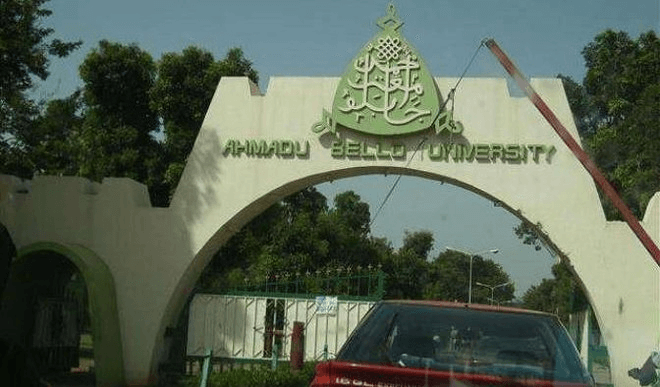The Ahmadu Bello University (ABU), Zaria, has revealed that it spends nearly ₦4 billion annually on energy, a cost its vice chancellor, Prof Adamu Ahmed, described as “crippling the institution and unsustainable.”
Addressing a press conference yesterday to mark the university’s 63rd anniversary at the Senate Building, Main Campus, Prof Ahmed said the high energy bill was also hampering effective academic activities and research.
He disclosed that to cushion the burden, ABU had taken bold steps towards self-reliance, challenging its staff and students to engage in necessary innovations while seeking partnerships for sustainable energy solutions.
According to him, the federal government has also acknowledged the crisis, and had provided an initial ₦1 billion intervention last year through TETFund and approving another project to deliver 10 megawatts of renewable energy to the institution.
“We’ve also reached out to our alumni, particularly the SBS class of 1975, who are already implementing a solar-powered project for one of our CBT centres,” Ahmed said. “We’re taking our destiny into our own hands while expecting continued support from outside.”
The vice chancellor reiterated that ABU was founded to serve as a bridge of unity and progress for Nigeria, explaining that the late Premier, Sir Ahmadu Bello, intended the university to educate both the North and South without ethnic or religious barriers.
He lamented that insecurity and poverty had undermined the North’s development and disrupted educational growth, insisting that ABU would now focus on addressing these challenges through research, agriculture, and policy advocacy.
Ahmed said the university had begun advocacy visits to northern states, urging governments to collaborate with academic institutions to find solutions to insecurity, food insecurity, and unemployment.
Highlighting ABU’s vast agricultural assets – including the Institute for Agricultural Research (IAR), NAPRI, and the Faculty of Veterinary Medicine – he said no other West African university had such capacity to drive agricultural and economic recovery.
The VC also stressed that insecurity could not be solved by force alone, advocating for non-kinetic approaches that encourage dialogue, understanding, and community-driven peacebuilding. “We have the capacity, the research, and the networks,” he said. “And we are ready to lead the charge in finding lasting solutions.”
Professor Ahmed said the anniversary offered an opportunity to reflect on the founding vision of Sir Ahmadu Bello, who established the university to train the manpower needed for Northern Nigeria and, by extension, the nation. “He envisioned an institution rooted in service, excellence, and unity,” the VC said.
He further noted that from its humble beginning in 1962 with just four faculties, 15 departments, and 426 students, ABU has grown into 18 faculties, 110 departments, seven institutes, four colleges, and 17 research centres, making it the largest university system in sub-Saharan Africa.
Ahmed said ABU had earned global recognition with the Times Higher Education ranking it the best public university in Nigeria in 2025, while it also received the JAMB award for internationalisation and diversity.
He called on the university’s vast alumni community, which he described as “ABU’s greatest strength,” to emulate the founding spirit of service by supporting the institution through endowments, annual giving, and donations.





